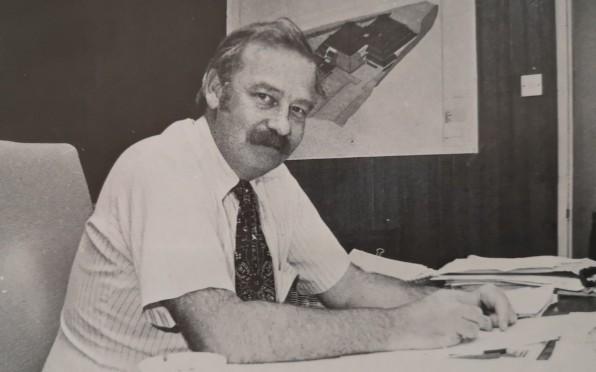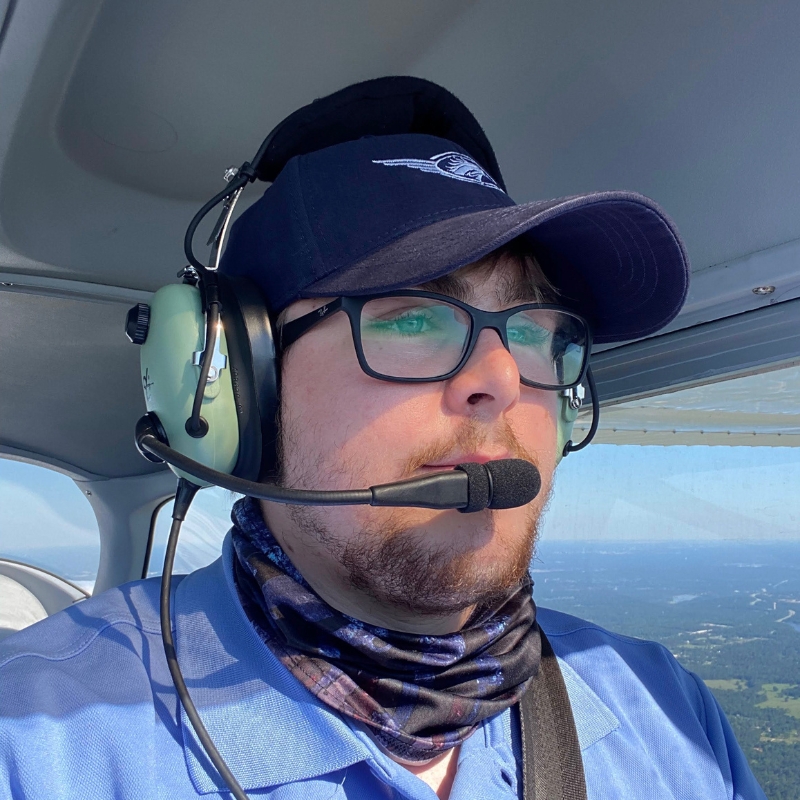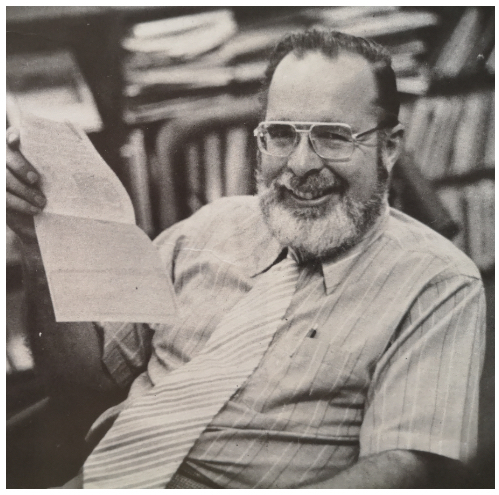ISKL Principal from 1978-1983, Gail Schoppert grew up in rural Oregon and did not leave his home state until the summer after his Junior year in college. From that point on, however, there was no looking back. Now retired an living in Hartford, Connecticut, Gail has visited an impressive 99 countries!
Gail’s real overseas adventure began after he completed his Masters at Ohio State University and accepted a teaching job with the Department of Defense Schools overseas in Frankfurt, Germany for the 1959-60 school year, teaching 9th grade English. From there, it was Paris, teaching physical education and coaching football, wrestling and soccer.
It was in the City of Love that he met “a lovely primary school teacher” Ruth Agnew and they married in 1961. Their three children Peter, Gretchen and Jeff were all born in Europe.
Gail worked in DoD schools across Western Europe, as a teacher, Curriculum Associate, Assistant Principal and Principal, and with his family made the most of European life, travelling widely in their Volkswagen Camper Van, even studying Shakespeare one summer in Stratford.
His role immediately prior to ISKL was as Vice President of Anatolia College, a US-sponsored secondary school for Greek students in Thessaloniki, Greece.
ISKL was Gail’s first Asian posting, an exciting new adventure for the whole Schoppert family. Gail shared his memories of life at ISKL with Lynette MacDonald, Director of Development and Alumni Engagement.
LM: You had already been living and working in Europe for more than a decade and a half (with 3-years back in the US to get your doctorate) before you took on the role of Principal at ISKL. What prompted the move from Greece and how were you recruited?
GS: At the beginning of 1978 I began to seek a school of my own. While Greece was a great place to live, it was obvious I had peaked there, which proved true, as the President stayed another 20 years in the top job! In the spring, I was asked to bring the family to Athens to meet with two board members from ISKL. Bill Nihan (Board President) and Linda Heaney spent an hour or more with us, and I think it was the kids who won them over. And it was Bill and Linda who made KL an actual place with a growing school.
As a finalist for the job I went alone to Kuala Lumpur for an interview with the full board and a chance to see the school and meet the staff. Upon my return to Thessaloniki Bill called and offered me the job – the beginning of a career in actual International Schools.
LM: ISKL must have seemed very shiny and new when you arrived in 1978. Tell us about arriving at the then very young Ampang campus. What struck you most about the community you entered?
GS: ISKL WAS shiny and new. Bob Gaw had built a fine building. The Ampang campus was a bit squeezed, but well maintained, and the open cafeteria was very cool. What struck me most about the community was the friendliness of staff and the Malaysians we met. And then there was the weather. I think I was more physically active in Malaysia than in any other place we have lived. We played tennis, golf, basketball and softball under the lights! The pool was a huge draw, although we did have a drowning while I was there…of a lifeguard, who had stayed after closing to swim some more. No indication of what had happened to cause this excellent swimmer to drown, but it was a sad day.
LM: Was it exciting to be part of the development of such a young school? What opportunities and challenges does that pose for a leader?
GS: The development of a young school was relatively easy. We were able to hire more excellent teachers. Telling candidates about Malaysia was easy, even though some of them had never considered going to Southeast Asia.
LM: Tell us about your team – who were the people you most relied upon?
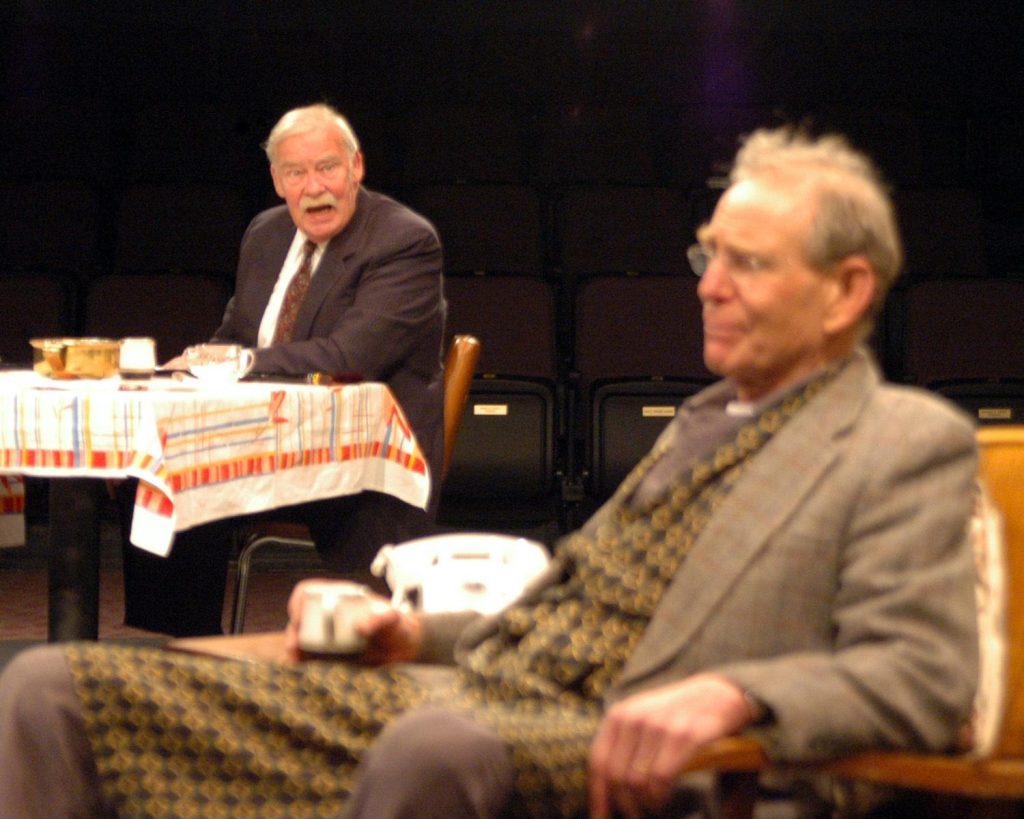
GS: I inherited a great team. Key to the stability were a number of former Peace Corps Volunteers, who had come to the school in order to stay on in Malaysia. Joanne Mahendran, Leslie Muri and Emily Salim had all married Malaysian men, and finished their careers years later at the school. Bret Anderson and his wife Tobey left after I did, but were important teachers, as was John Stupka. All of these courtesy of the Peace Corps. John DeSandre was my Assistant Administrator and Dixie Wai was the Business Manager—both very capable as was Esther Moo, my secretary.
The Board was solid under Bill Nihan’s leadership. We had a student on the Board – Student Body President Stephen Stieg who in a meeting persuaded the Board to stop the serving of alcohol on campus, aimed at the AYA football program which brought in many fans, but which relied partly on its funding by the sale of beer at games.
Charles “Chip” Barder was the excellent counsellor, arriving with me, who I eventually promoted to Middle School Principal, launching him on a very successful career as a Head of School in several notable locations. Gene Magill, a terrific teacher, also arrived when I did. Ruth taught kindergarten and “prepped” in the library, because when she went to the Staff room, she always heard “Schoppert.”
John DeSandre left after my first year to join Bob Gaw in Saudi Arabia, and I hired David Buck to replace him. The following year I hired John Johnson as Elementary Principal. These two, like Chip, went on to head a number of prominent international schools, as did Ron Dowty, who briefly headed ISKL after my successor’s death on the job. The Mc Elroys were terrific staff members. I could go on.
My five years at ISKL were among the greatest of our lives, and many of those mentioned above remained lifelong friends. And ISKL is where I learned to delegate and let people do their jobs.
LM: Some of ISKL’s most treasured traditions began during your tenure – IASAS, Forensics are just a couple – How did it feel to be able to bring together other international schools in the region for these events?
GS: We were able, as a team, to help start IASIS for sports and forensics. We hired the first Special Education teacher in Southeast Asia, Judith Pearce started an area-wide writing program, and the Chavezes produced an excellent theater program. A parent, Nancy Blair, established the first Chorus, consisting of two Blairs, two Schopperts and two Ayers girls. When, in my third year, a big, strong athlete joined the Choir we knew we had it made. I also hired the first Band teacher, and their first performance was like something out of “The Music Man” (squack/squeek), but the parents loved it.
LM: Is there something you can point to from your time at ISKL that you are most proud of?
GS: I was probably most proud of being able to recruit and retain excellent teachers.
LM: I’ve read some of the old Fishwrap student newspapers from the early days at the Ampang campus, and was struck that some of the sentiments were similar to those we hear now about our new campus at Ampang Hilir. Students wanted the campus to be more colorful and have more of a “lived in” feel. What did you do to try to make the new campus feel as much home as the Istana had been?
GS: Nothing could replace the Istana, but as time passed fewer of our students could even remember it. The cafeteria was a place for people to mingle. The theater was good, except when it rained. The tin roof caused us to pause some productions until the rain slowed.
LM: Do you have any most memorable moments to share?
GS: When Reuben, a Philipino Middle Schooler, got lost in the National Park and spent the night in a tree during a Middle School trip. American parents might have sued. Rueben’s parents invited the teachers who were on the trip to a party. Reuben had walked out to the river and been rescued by a national park boat. And then there was the time when we found the guards tied up in the morning and the safe wide open (the key found in an employee’s desk). It was payday and all the money was gone. After that we insisted that every employee had a bank account, and salaries were deposited.
And the occasion when the new Band teacher and his recently married wife were put in the house of a teacher who had not yet arrived back (to save them the hotel stipend). They awoke in the middle of the night to find two burglars in their bedroom. The new bride got cut by a machete. The robbers ran. They only had the phone number of the teacher greeters who had put them there, but quickly learned that the phone had been deactivated for the summer. So out into the street to get a neighbor to help them phone. I offered them a flight home immediately, but they decided to stay, in a house with strong and plentiful locks.
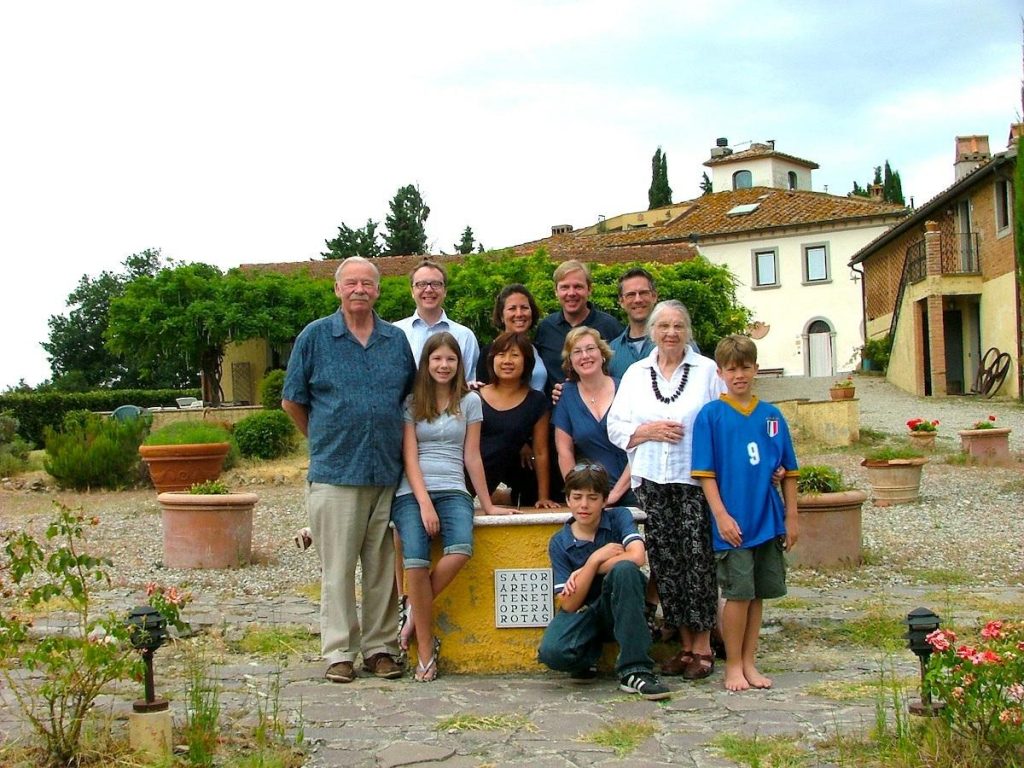
Your three children attended and graduated from ISKL. How did their time at ISKL prepare them for their futures? Do you have any special memories to share?
GS: Our three kids got great educations at ISKL. They all went to excellent universities in the U.S. and they greatly benefited from extra-curricular opportunities. Peter and Brian Heany won debate in the first forensics tournament. Gretchen won duet acting as a sophomore with Peter and again as a senior with Jeff. Rehearsals were easy when you lived together. Jeff play soccer and AYA football. Gretchen scored a goal in soccer which earned her the moniker “Goldenfoot” (briefly). And Jeff played soccer and basketball.
LM: You and Ruth were enthusiastic thespians, and you still are. How important was theatre and music to your family at ISKL?
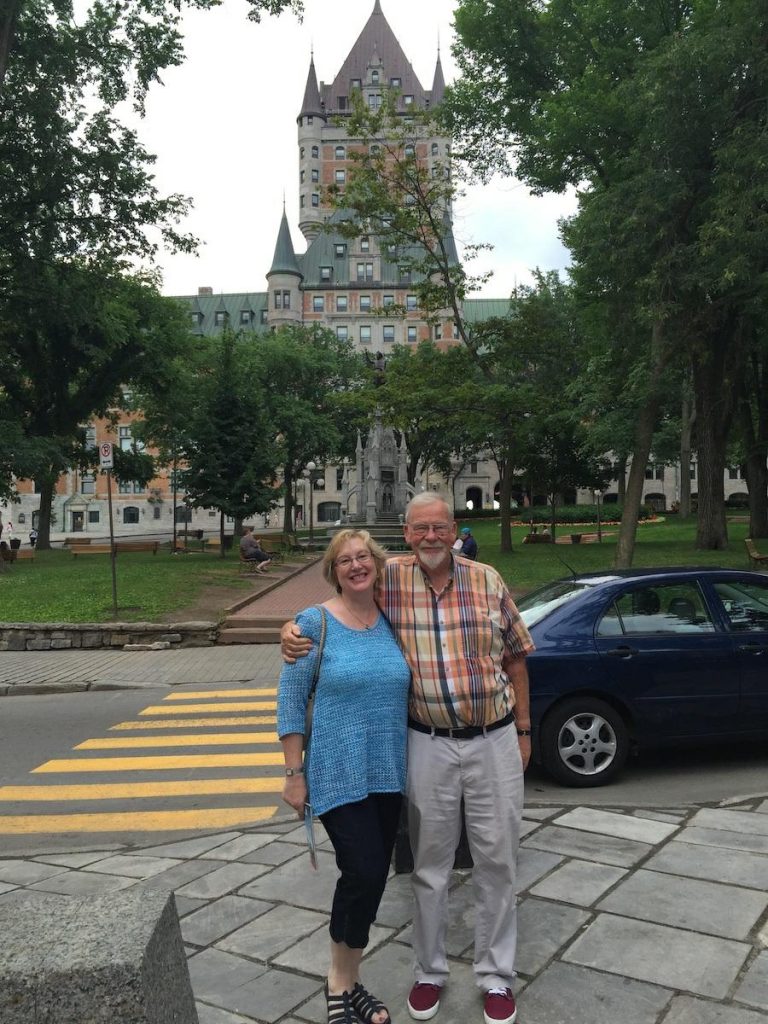
GS: Ruth and I acted pretty much throughout our marriage (she passed in April 2020). We had too many roles to list here, but a favorite was when I played Fagin and she played Nancy in Oliver in Italy. Jeff reminds us that neither Peter nor I will ever play Oliver, which he did in Greece. I played Willy Loman in “Death of a Salesman” twice; once in Greece opposite Ruth and once in The Hague.
LM: After 5 years at ISKL you moved on to The Hague. Were you sad to leave? What from your time at ISKL did you take with you to The Hague?
GS: We were sad to leave ISKL, but The American School of The Hague was special. You could drive anywhere in a few hours, so we often visited Paris, hopped over to London, etc. What I took with me from ISKL was that teachers are the most important people in the school.
After “retiring” from Headships in 1996 I began consulting to school boards around the world. I have been in 99 countries and visited countless international schools. ISKL remains right up there with the very best.


